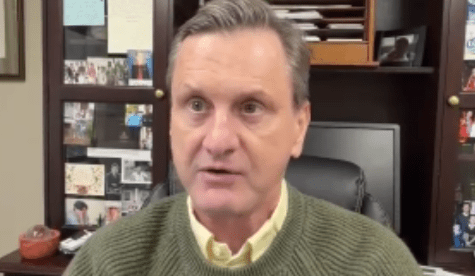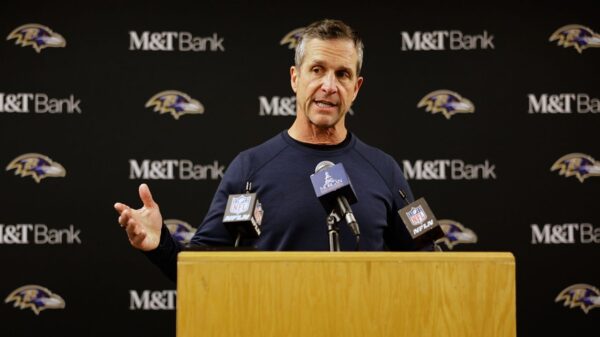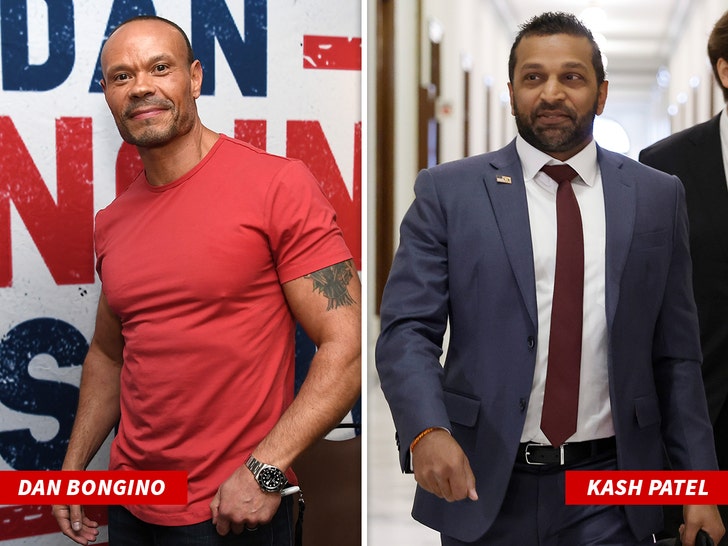Dan Bongino and Kash Patel have significantly altered their public stances regarding the Jeffrey Epstein case following their appointments in the Trump administration. This shift has led to tensions within the White House, particularly highlighted by recent comments from Marc Caputo, a White House reporter for Axios.
According to Caputo, Bongino and Patel initially supported claims that the Department of Justice (DOJ) had released about Epstein. The DOJ asserted that Epstein did not maintain a client list of potential blackmail targets and that he was not murdered while in custody. This is a marked contrast to their previous assertions made during their time as popular podcasters, where they held opposing views on the Epstein case.
After being appointed to their roles—Patel as FBI Director and Bongino as the bureau’s Deputy Director—the two men publicly embraced the administration’s narrative. Caputo revealed that Bongino engaged in a contentious discussion with Pam Bondi, the Attorney General, concerning surveillance footage from the jail cell where Epstein died. Bongino presented a ten-hour video as evidence to support his claim that Epstein was not murdered, stating he had thoroughly vetted the footage.
Despite Bongino’s confidence in the video, issues arose when internet users identified a one-minute gap in the footage. This missing segment has fueled conspiracy theories and criticism directed at Bongino. Following a particularly difficult meeting with Bondi at the White House, Bongino reportedly did not show up for work the following day, indicating the weight of the controversy on his role.
Caputo emphasized that this situation illustrates the complexities of governing, which can be far more challenging than sharing opinions on podcasts. As Bongino navigates this turmoil, many are left wondering about his future in the administration and how this episode will influence public perception of his leadership.
The ongoing fallout from the Epstein case serves as a reminder of the accountability that public officials face, especially when their views evolve under the scrutiny of political power. The implications of this situation extend beyond personal reputations, affecting the broader discourse surrounding Epstein’s legacy and unresolved questions about his life and death.






































































